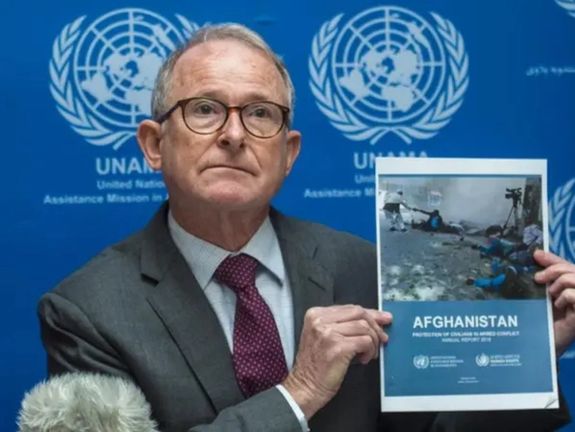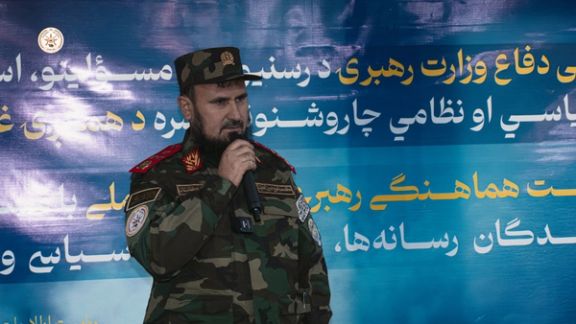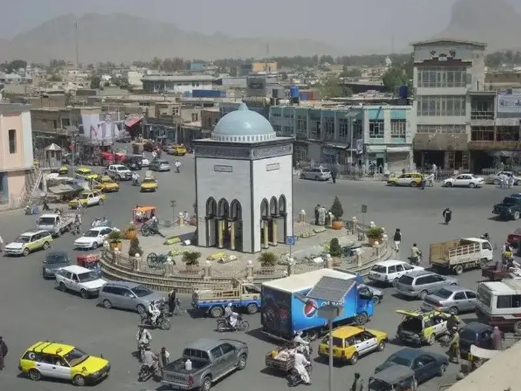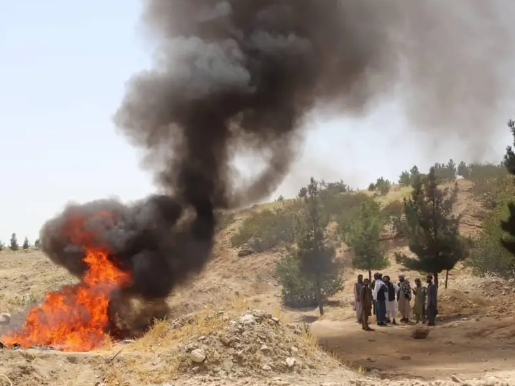The ministry said that during this period, it has also dismissed more than 280 members of its security forces for not keeping beards.
Officials of the Taliban's Ministry for the Propagation of Virtue and Prevention of Vice said in a press conference on Tuesday that the arrest of citizens is one of the achievements of the ministry over the past year.
According to the ministry, about half of those arrested in the past year have not been detained for more than 24 hours and had been released.
The Taliban's Ministry has not specified the type of violations and the gender of the 13,000 people it had detained.
The Taliban's Ministry plays a pivotal role in violating the rights of Afghan citizens, especially women.
Last year, the US Treasury Department sanctioned Mohammad Khalid Hanafi, the minister of Propagation of Virtue and Prevention of Vice, as well as Fariduddin Mahmood, the head of the group's Academy of Sciences, for human rights violations.
Mohibullah Mukhlis, an official at the Taliban's Ministry of Virtue and Vice, said that 281 members of the group's security forces have been identified and expelled from the ranks of the Taliban for not growing beards.
In addition to employees of government agencies (civilian and military), the Taliban have also asked ordinary citizens of Afghanistan to grow beards.
From time to time, the Taliban's officers visit men's barbers and order them to be closed in cases of violation.
The Taliban's Ministry of Propagation of Virtue is one of the key ministries of the Taliban. After returning to power, the group abolished the Ministry of Women's Affairs and established the ministry.
The Taliban's Ministry of Virtue’s treatment of women and the severe restrictions it has imposed on women's work, education, and freedom of expression have been strongly criticised by human rights organisations and the United Nations.
However, the ministry said that it had prevented more than 200 cases of trafficking of women and more than 260 cases of violence against women last year.
This comes as the Taliban's takeover has halted the activities of the Independent Human Rights Commission and many women's organisations in Afghanistan.






